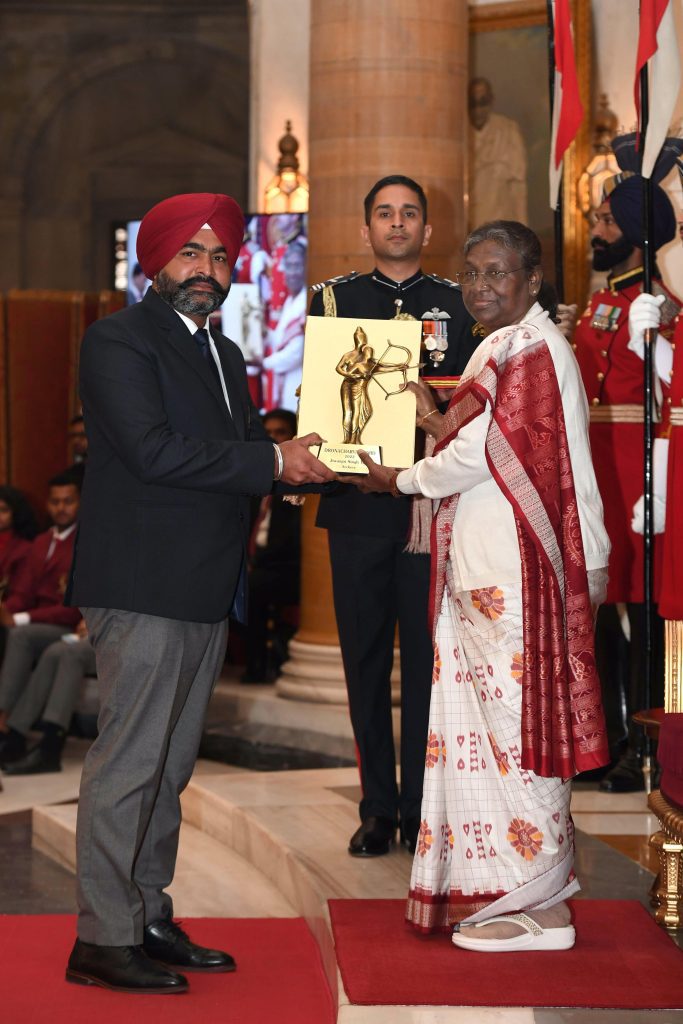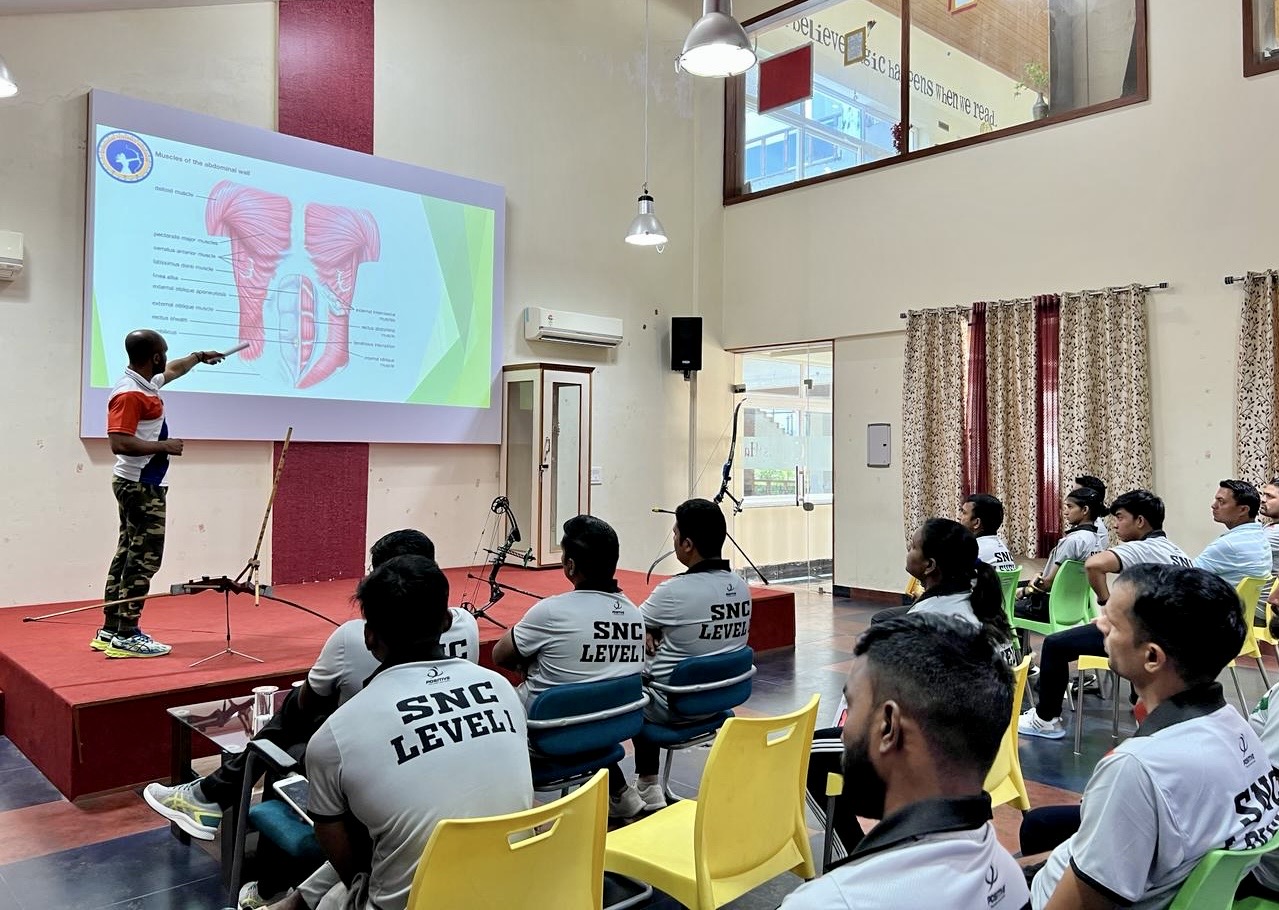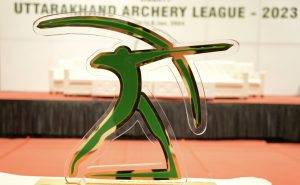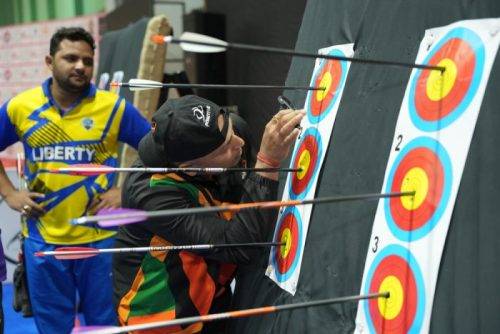Various aspects of sports science that contribute to improving accuracy, consistency, and overall success in archery.
Understanding Sports Science
It is a multidisciplinary field that combines principles from physiology, biomechanics, psychology, nutrition, and other related disciplines to optimize athletic performance. Its application in archery can provide valuable insights and strategies for coaches and athletes.
Biomechanics
Biomechanics focuses on analyzing the mechanics of human movement. In archery, understanding the biomechanics of the shooting technique can help identify and correct flaws in form, posture, and alignment. Coaches can use motion analysis tools to assess an archer’s technique and make necessary adjustments for improved accuracy and consistency.
Physiology and Fitness:
Physiological factors, such as strength, endurance, and flexibility, significantly impact an archer’s performance. Sports science can help coaches design training programs that target specific physical attributes required for archery. By incorporating exercises that enhance core stability, muscular strength, and cardiovascular fitness, athletes can improve their shooting abilities and reduce fatigue during competitions.
Mental Preparation
Sports psychology plays a vital role in archery performance. Techniques such as visualization, goal setting, and relaxation exercises can help archers develop mental resilience, focus, and concentration. Sports science provides valuable insights into optimizing mental preparation strategies, enabling archers to perform under pressure and maintain consistency.
Nutrition and Hydration
Proper nutrition and hydration are essential for optimal performance in any sport, including archery. Sports science guides the ideal macronutrient balance, hydration strategies, and timing of meals to fuel an archer’s training and competition needs. Coaches can work with nutritionists to develop personalized dietary plans that support energy levels, muscle recovery, and overall well-being.
Recovery and Injury Prevention
Sports science emphasizes the importance of recovery and injury prevention in archery. Coaches can implement strategies such as active rest, stretching routines, and appropriate warm-up and cool-down protocols to minimize the risk of injuries and optimize performance. Understanding the principles of sports science can help coaches create training schedules that balance workload and recovery periods effectively.
Technology and Data Analysis
Advancements in technology have revolutionized sports science in archery. Tools such as high-speed cameras, force plates, and wearable sensors provide valuable data for analyzing an archer’s technique, biomechanics, and performance metrics. Coaches can utilize this data to identify areas for improvement, track progress, and make data-driven decisions to enhance archery performance.
Conclusion:
In conclusion, sports science plays a vital role in optimizing archery performance. By incorporating principles from biomechanics, physiology, psychology, and nutrition, and utilizing technology, coaches can enhance an archer’s accuracy, consistency, and overall success. Understanding and applying its principles can provide a competitive edge and contribute to the development of elite archers.
Jai Hind –

contributed by: Mr Jiwanjot Singh Teja (Archery Coach, India & Dronacharya Awardee)





Rudraprayag uttarakhand
I have to become a great player, I have to push myself further, I have to show something.